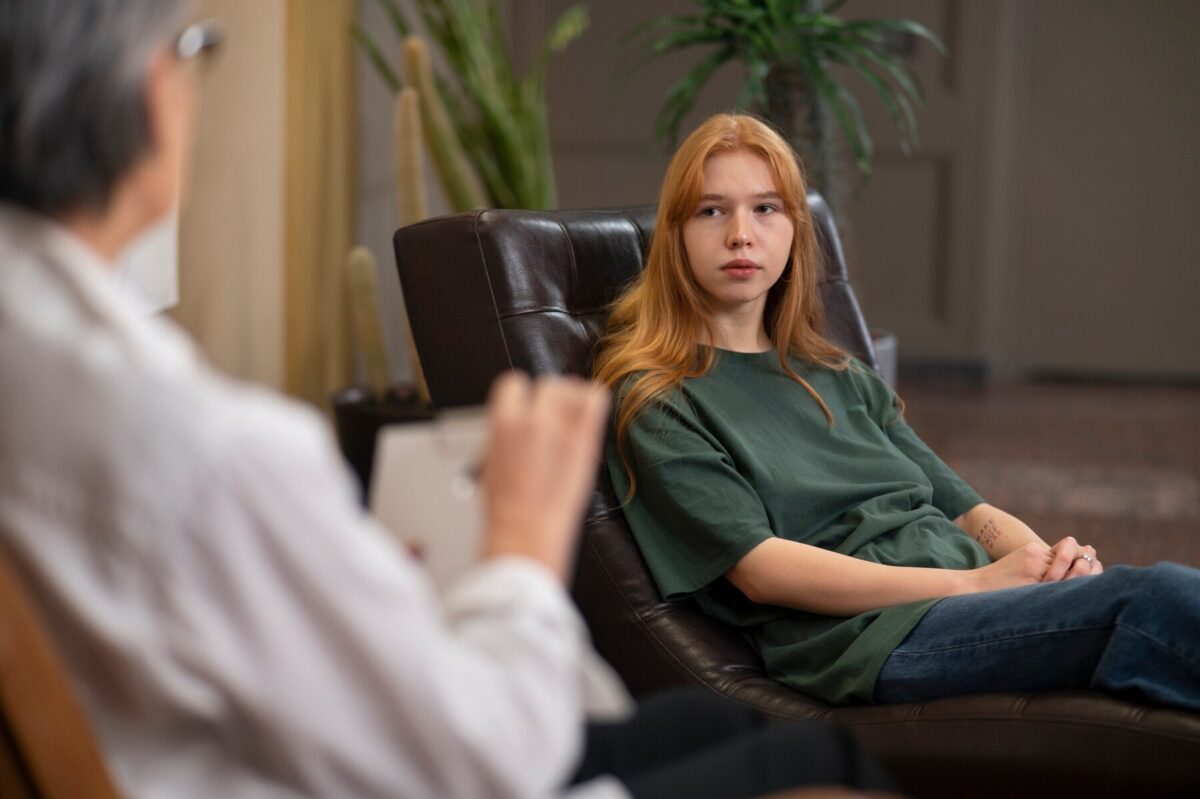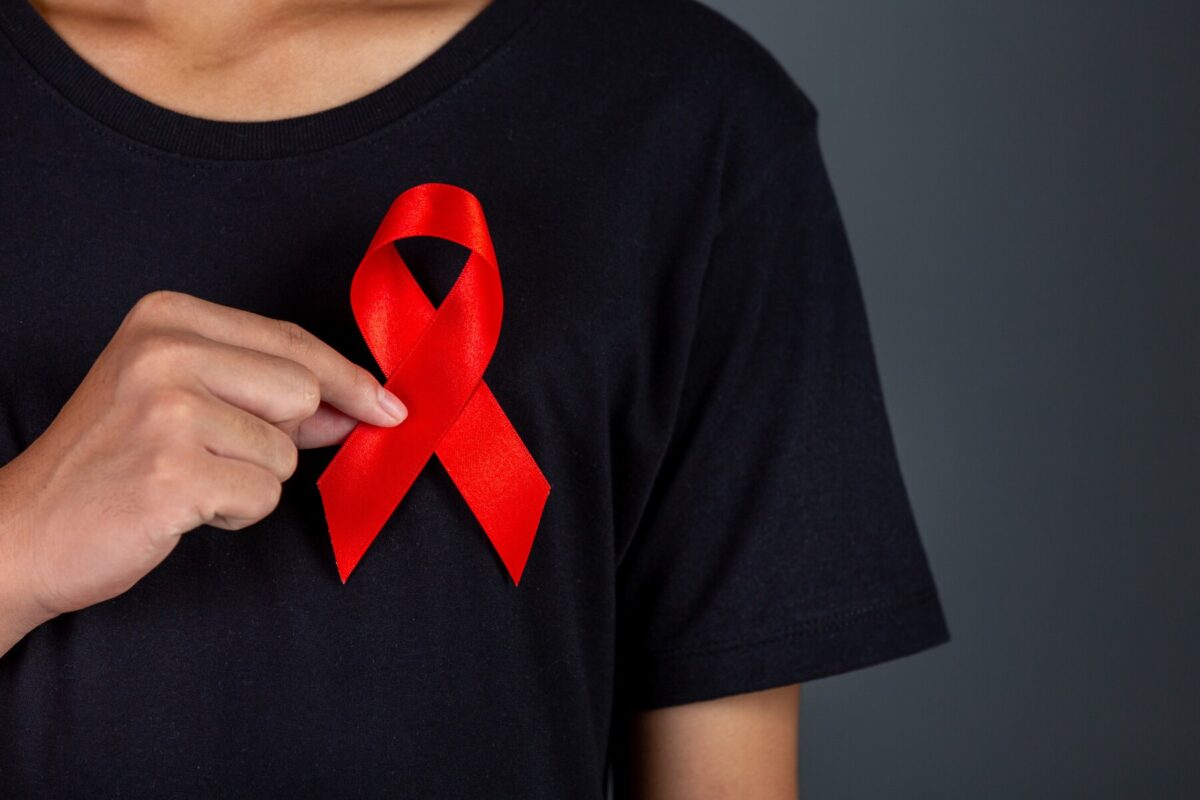Every 10 minutes, a woman dies around the world. Her life is taken not by tragic accident or overwhelming force, but by the deliberate actions of those who should have been there to love and protect her. Nearly one in three women in the world (about 736 million people) has experienced physical or sexual violence by a partner or another person at least once in her life. This is not counting sexual harassment. For adolescents, the situation is even more alarming: one in four girls has experienced partner violence. As a result, they face long-term consequences: depression, anxiety disorders, unplanned pregnancies, STIs, and HIV.
Violence against women is an epidemic that permeates every culture, every country, every family. It is a global problem for which there is no reasonable excuse.
Women and girls are at risk where they should feel safe – at home. A place where one waits for warmth, support, and peace. But for millions of women around the world, home becomes a place of terror. Over 55% of homicides of women are committed by their intimate partners or family members. By comparison, only 12% of male homicides occur in the private sphere. Every year, approximately 89,000 women and girls around the world are killed by those who are supposed to be their protectors. These numbers are not just statistics. There are thousands of stories that might not exist if the world united to stop this cycle.
These statistics are shocking, but they are just the tip of the iceberg. Violence against women doesn’t always end in murder, but it starts with manifestations that many might consider “minor”: humiliation, manipulation, and control. But these are the same chains that bind women and often end in femicide – the intentional killing because of the victim’s gender.
As REAct statistics show, Eastern Europe and Central Asia (EECA) face this problem particularly acutely. In our region, violence against women is a national catastrophe. It is found at all levels of society and in every sphere of life. In the EECA region, violence against women remains a large-scale and complex problem. Here, violence takes both traditional forms – domestic and sexual violence – and more modern ones, such as digital bullying.
Women living with HIV are often stigmatized and discriminated against, which increases their vulnerability to gender-based violence. They may face denial of medical services, blackmail, or violence from relatives or partners. In EECA, the level of stigma around HIV remains high, which exacerbates their situation.
LGBTIQ+ women experience double discrimination based on gender and sexual orientation/gender identity. This manifests itself in domestic violence, rejection by society, and lack of police protection. In some EECA countries, the criminalization of homosexuality and high levels of homophobia make access to assistance almost impossible.
Sex workers are in one of the most vulnerable positions due to the criminalization of their activities in most EECA countries. They are often subjected to violence by clients, pimps and police. Fear of exposure or arrest forces them to tolerate violence.
Drug use is often associated with economic dependence, violence, and exploitation. Women from this group tend to avoid seeking help for fear of arrest or stigmatization.
Vulnerable women require special attention in the global fight against violence. Their rights and safety must be prioritized in national strategies and international initiatives. Human rights-based approaches, inclusion, and decriminalization can significantly improve their situation.
But despite all the difficulties, there are examples of progress in the EECA region over the past few years:
– Introduction of legislative reforms in Uzbekistan: criminalization of domestic violence and other measures. In April 2023, Uzbekistan took an important step towards protecting women and children by adopting a law criminalizing domestic violence. Amendments to the country’s Criminal and Administrative Codes provide for stricter penalties for physical and sexual violence, including offenses against minors and persons with disabilities. The law eliminates the possibility of parole for sex offenders and introduces expanded protection orders for up to a year. An important element of the reforms is the prohibition of convicted sex offenders from engaging in the education and upbringing of children. Additional victim protection mechanisms are also being put in place, including social and legal support for women facing violence, especially in rural areas where patriarchal attitudes remain strong. However, activists note that the new laws still need to be fully implemented and cultural barriers to compliance must be overcome….
– Kazakhstan: discussions on the return of criminalization. In 2023, Kazakhstan saw an important change in legislation aimed at strengthening measures against domestic violence, namely the return of provisions punishing minor injury and battery as part of domestic violence, which had been removed from the Criminal Code in 2017. The law was initiated amid increased public pressure, including after a high-profile case involving the murder of a woman by her husband, a former national economy minister. The amendments provide for fines, compulsory labor, and arrests for offenders, as well as harsh measures for violence against children and inducement to suicide. In addition, preventive work with families has been strengthened. The Ministry of Internal Affairs of Kazakhstan reported that in 2023, more than 87,000 protective orders were issued for victims of violence and about 15,000 special requirements for the behavior of offenders were established. The number of arrests for violations doubled.
However, such initiatives and changes at all levels need to happen on an ongoing basis in order to make a difference both in the region and to influence global statistics as a whole.
The 16 Days of Activism Against Gender Violence campaign, launched in 1991 by the Center for Global Women’s Leadership, has become a critical initiative in the fight against violence. From November 25 (International Day for the Elimination of Violence Against Women) to December 10 (Human Rights Day), millions of people around the world are raising their voices to remind us: that violence against women is a human rights violation. It is not just a personal tragedy; it is a societal problem. And combating it requires efforts at all levels. Here are the key steps:
Awareness. Spreading awareness of the problem is an important step. The more people understand the scope and impact of violence, the easier it is to bring attention to the problem.
- Support for survivors. Women survivors need shelter, legal assistance, and emotional support.
- Education. Teaching young people about respect, equality, and non-violence helps break the cycle of violence.
- Legislation. Strengthening laws against violence and their strict enforcement protects women and punishment for perpetrators.
- International solidarity. Bringing together governments, NGOs, activists, and citizens to stand up to violence globally.
Every woman who raises her voice against violence saves someone’s life. Every person who condemns violence and supports survivors makes the world a safer place. Violence can be stopped. It is important to remember: that equality is not a luxury, it is a right. Every woman, regardless of age, status, or country of residence, has the right to live freely, free from violence and fear.
Join the campaign, and take a step toward a world without violence:
- Wear orange as a symbol of solidarity.
- Participate in activities during the 16 Days of Activism.
- Share on social media with the hashtags #NoExcuse and #OrangeTheWorld.
- Support survivors of violence.
Every action is important. After all, violence is not just a problem for women. It’s a challenge to all of humanity.
Every woman deserves to live. Without fear. Without pain. Without violence.
Also read:
Politics and LGBTIQ+ people: how hate rhetoric becomes a campaign tool in Moldova
Defending equal rights in Kazakhstan: successful patient advocacy at OAT



















